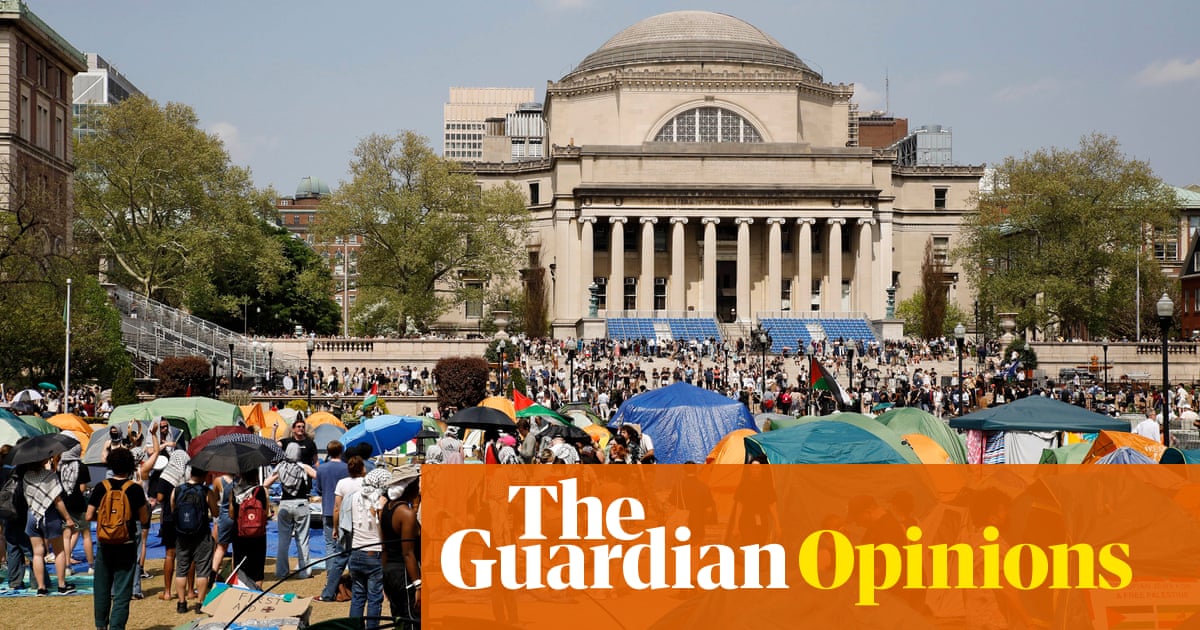Tesla is facing a significant challenge. In the first three months of this year, the company saw a 13% decline in sales, marking its largest drop in deliveries ever. With 336,681 cars delivered, this figure represents 50,000 fewer vehicles than a year earlier. It’s also the worst sales performance for Tesla in almost three years.
Several factors are contributing to this downturn. Protests against CEO Elon Musk and growing competition from other electric vehicle (EV) makers have dampened interest in Tesla. Outside showrooms, demonstrators voice their opposition to Musk’s other role in government and controversies surrounding political decisions. Some Tesla facilities have even faced vandalism, which might have deterred potential buyers.
Despite these issues, Tesla has not publicly addressed the protests in its sales reports. It did mention a temporary halt in production due to updates on the Model Y, which affected output across all its factories.
Analysts are worried about Musk’s influence on the brand. Dan Ives from Wedbush Securities noted that the sales drop was worse than expected and highlighted the negative impact of Musk’s activities on Tesla’s reputation. A recent CNN poll showed that only 35% of Americans view Musk positively, while 53% see him negatively. These sentiments are likely influencing perceptions of Tesla, especially among potential buyers who lean more liberal and typically show interest in eco-friendly vehicles.
The tide appears to be turning against Tesla. In February, a poll revealed that about 32% of U.S. buyers would not consider purchasing a Tesla, up from 27% last year. Purchase loyalty is also shifting; for instance, loyalty among Tesla owners in Democratic-leaning states fell to 65%, down from 72%.
Sales in Europe have also been disappointing, dropping 49% in the first part of the year, even as overall EV sales surged by 28%. This suggests that political views might be impacting sales, particularly given Musk’s controversial support for far-right parties in Europe.
While Tesla grapples with these setbacks, competition is intensifying. Chinese automaker BYD has overtaken Tesla as the world’s largest EV seller, with over 416,000 electric vehicles sold last quarter, a 39% increase year-over-year. BYD’s vehicles are generally cheaper and feature innovations, such as a rapid charging system that can deliver 250 miles of range in just five minutes.
As electric vehicle markets globally mature, Tesla’s leadership is under threat. Analysts predict that Tesla could lose its title as the top EV seller by 2025 if current trends continue. Although China remains Tesla’s second-largest market, it has not escaped the shadows of fierce competition.
Overall, Tesla is in a crucial phase. Changes in public perception, growing competition, and external political factors are all reshaping the landscape for the once-dominant electric vehicle manufacturer.
Source link










